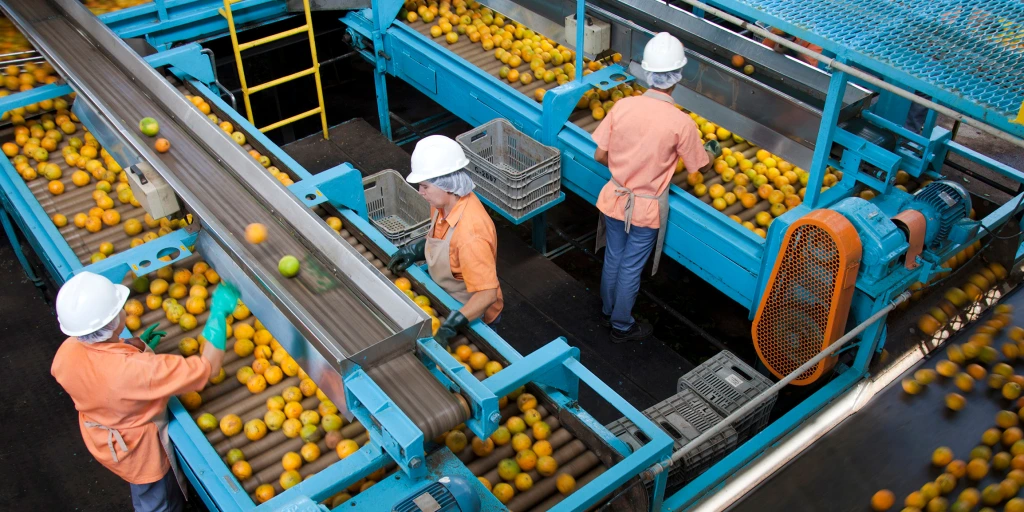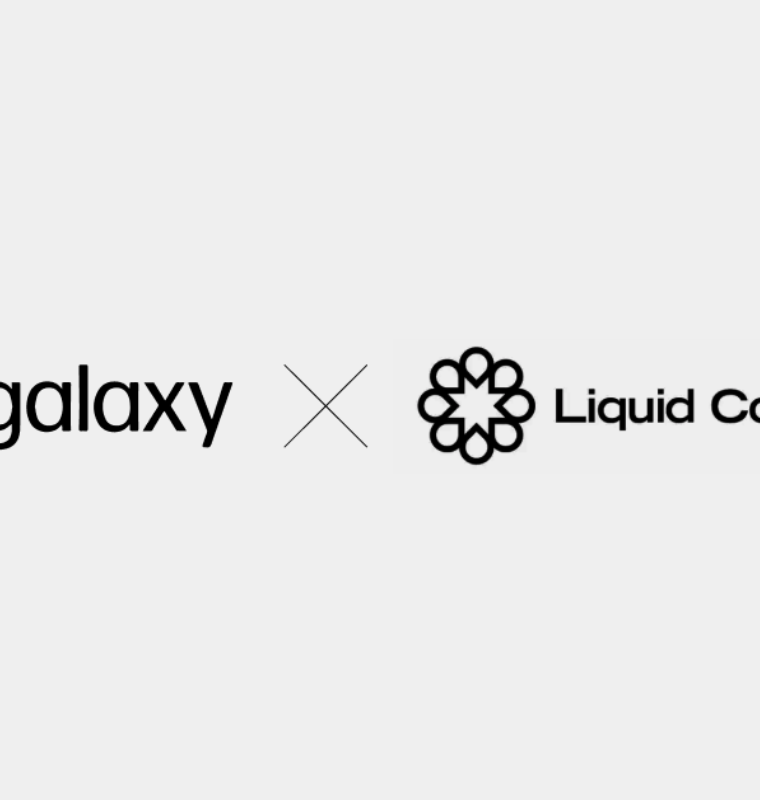Orange Juice Importer Files Lawsuit Against Trump Administration Over Brazil Tariffs, Warning of Price Hikes at U.S. Supermarkets
Orange Juice Importer Files Lawsuit Against Trump Administration Over Brazil Tariffs, Warning of Price Hikes at U.S. Supermarkets
By
Rachel Steinberg
Last updated:
July 23, 2025
First Published:
August 6, 2025

Workers inspect oranges on the production line at a Sucocitrico Cutrale LTDA orange juice plant in Araraquara, Brazil.Marco Issa / Bloomberg via Getty Images file
Johanna Foods Sues Trump Administration Over Brazil Tariffs, Citing Consumer Price Surge and Business Impact
President Donald Trump’s proposed tariffs on Brazilian imports have sparked a legal challenge from Johanna Foods, a major U.S.-based orange juice importer, which warns the 50% tariff could drive orange juice prices up by as much as 25% at leading supermarkets like Aldi, Walmart, and Wegmans.
Legal Challenge Filed Over Tariff Authority
On Friday, Johanna Foods filed a lawsuit in the U.S. Court of International Trade in New York, arguing that Trump’s July 9 letter to Brazil’s President Luiz Inácio Lula da Silva—announcing the tariffs—lacks formal executive order status and fails to cite any legal authority permitting such broad tariffs.
The New Jersey company, along with its subsidiary Johanna Beverage Company in Spokane, Washington, claims to supply nearly 75% of the private-label not-from-concentrate orange juice market in the U.S. Their products, including the branded Tree Ripe line sold mainly in the Northeast, are entirely sourced from Brazil.
Brazil’s Critical Role in U.S. Orange Juice Supply
Brazil dominates the global orange juice market, accounting for roughly 75% of worldwide exports and over half of U.S. consumption, according to the U.S. Department of Agriculture (USDA). Johanna Foods supplies major retailers including Aldi, Walmart, Sam’s Club, Wegmans, Safeway, and Albertsons.
A tariff of 50% on Brazilian orange juice imports, Johanna Foods estimates, would increase the company’s annual costs by around $68 million, surpassing any profit year in its 30-year history. Since importers pay tariffs upfront and pass them on, these costs would translate directly into higher prices for retailers and consumers.
Consumer Price Impact and Job Risks
The company warns that these additional expenses would trigger a 20% to 25% price increase for consumers at the supermarket shelf, threatening to make orange juice—a breakfast staple—significantly less affordable. Moreover, the tariffs could jeopardize the livelihoods of Johanna Foods’ 685 employees across New Jersey and Washington.
Johanna Foods emphasized that the not-from-concentrate orange juice they import from Brazil cannot be substituted with domestic supplies. Florida, the U.S.’s primary citrus producer, largely dedicates its crop to concentrate due to quality issues. The state’s orange output is expected to hit a 95-year low in 2025, driven by crop diseases, hurricanes, and urban expansion, according to USDA reports.
Global Crop Challenges and Price Increases
Brazil itself faces production setbacks due to extreme heat and historic droughts, further tightening supply and pushing prices upward. In June, the average price for a 12-ounce can of frozen orange juice concentrate reached $4.49, marking a 55% increase compared to 2022, as reported by the Bureau of Labor Statistics.
Tariff Authority Under Scrutiny
Johanna Foods is the latest business to challenge the Trump administration’s tariff policies. In May, the U.S. trade court ruled that the administration had exceeded its authority in imposing country-wide tariffs. However, a federal appeals court allowed those tariffs to remain in effect during ongoing legal reviews.
The lawsuit asks the court to declare the Brazil tariff unconstitutional, contending it violates the International Emergency Economic Powers Act. It also seeks to block enforcement of the tariffs announced on April 2.
Currently, the administration has not formalized the 50% tariff or detailed its enforcement mechanisms.
Administration’s Defense and Political Context
White House spokesperson Kush Desai defended the tariffs as “legally and fairly” imposed to protect American workers and national security. Trump’s letter linked the tariffs to his dissatisfaction with Brazil’s criminal trial against former President Jair Bolsonaro, a right-wing ally facing charges of plotting a coup.
This is not Trump’s first use of tariffs as leverage for political objectives. He previously threatened Colombia with higher tariffs over deportation policies and imposed tariffs on Mexico, Canada, and China related to concerns about fentanyl trafficking and illegal immigration.
Conditional Exemptions and Trade Surplus
The letter to Brazil offered a condition similar to those extended to over 20 countries: no tariffs would apply if Brazilian companies agreed to manufacture products within the United States. Interestingly, unlike many other nations, the U.S. ran a $6.8 billion trade surplus with Brazil in 2024.
Popular articles
Subscribe to unlock premium content
Disney’s Timeless Magic and How the Entertainment Giant Continues to Shape Culture and Innovation

Imran Khan’s Economic Missteps Amid Political Chaos in Pakistan

The Philippines’ Digital Shift How Remittances and BPO Are Fueling Growth

Disney’s Timeless Magic and How the Entertainment Giant Continues to Shape Culture and Innovation

Imran Khan’s Economic Missteps Amid Political Chaos in Pakistan

Disney’s Timeless Magic and How the Entertainment Giant Continues to Shape Culture and Innovation









